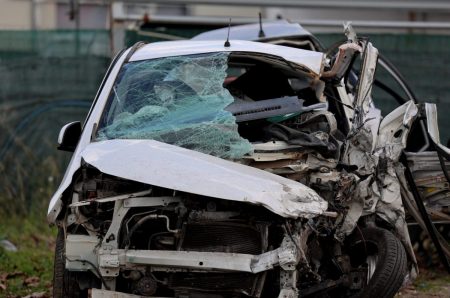Instability and uncertainty are tending to become an inextricable part of our daily lives. On the one hand there are the markets, with their well-known globalised sensitivity to the slightest upheaval, and on the other the advance of populism , euroscepticism, and the emergence of a new form of nationalism, which are deconstructing the foundations upon which open democratic societies over the last decades were built.
However, we find ourselves confronted with a series of developments that overturn certainties and decisively affect almost all the developed world. From the Italian crisis we went on to the Spanish political crisis, and finally to Trump’s decision to impose tariffs on Europe, Canada, and Mexico.
Weak, opportunistic, and populist leaders at an alarming rate are exploiting the fatigue, the fear, and the concern of society in the face of a rapidly changing world, which is overturning habits and what has been acquired over decades. It is a situation which we in Greece perhaps lived through first, and for which we paid dearly, and will continue to for many years, as it seems.
This phenomenon is taking on global dimensions, creating a climate of general insecurity. From Brexit in Britain to the dominance of an unpredictable and unstable Trump as leader of the superpower, the world is moving in an environment of generalised uncertainty. The Italian crisis and the approaching political turmoil in Spain is upsetting all of Europe, and is impeding any discussion of its reordering.
The European Union, which was born from the ashes of a World War as a counterbalance to avert a revival of nationalisms, is being tested today by those very impasses and dangerous, nationalist proclivities.
At the same time, the erstwhile leading powers of globalisation, the US and Britain, are retreating to within their borders, with the delusion that in this way they will confront the competition of new, emerging powers.
Leaders without vision, with limited horizons and with a narrow, ethnocentric perception have replaced Mitterrand, Kohl, and Delors – to take just Europe – are unsettling their countries and torpedoing the common European future.
A united Europe needs truly bold reforms to maintain its reach in a constantly changing world, and to preserve its social, humanistic, and cultural acquis.
It also needs leaders that are open to these horizons, and not irresponsible populists who will simply rehash and cultivate fear or nationalistic prejudices.


